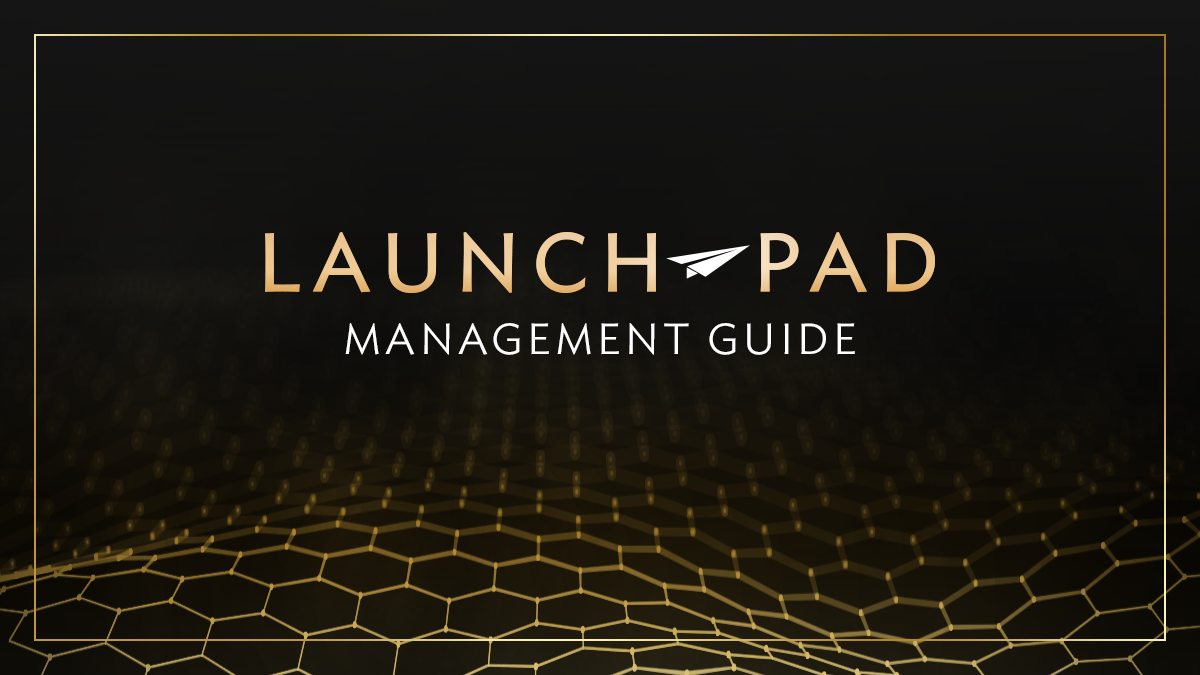
Last year, I spoke on a panel about my journey to becoming a staff writer. The panel went great—until the tail end of the Q&A when an audience member raised their hand and asked something I had never considered: “How long did it take you to find your voice?”
I paused, took a swig from my water bottle to buy time, and responded, “I think about seven years.” The second I said it I wondered if it was true. I knew it wasn’t untrue—I’d been writing screenplays for at least ten years—but the question followed me for days. Does a writer ever truly stop developing their voice? And what was my voice, anyway? Thank God they didn’t ask me that. I would’ve needed another water bottle.
But once I started to think critically about my voice, I realized just how vital it is to every writer’s career. And when you’re on a panel talking about your journey, you should probably prepare a better answer than mine.
What the Heck Is “Your Voice” in Writing, Anyway?
Let’s say that your voice is not what it sounds like when the Final Draft Narrator reads your script aloud, although that’s a great way to find typos and check your script’s dialogue.
I like to think of voice as your particular combination of style, point of view, and recurring theme(s). In other words, it’s how you write, what you write about, and what you think about what you’re writing.
I tend to write broad, satirical comedies in a spare style that emphasizes character and dialogue. My themes often center around working-class folks in conflict with powerful people.
The voice in your writing is similar to a literal voice—how one speaks and communicates can indicate anything from the region where they grew up to their social class to their smoking habits. And a really unique voice is of course similar to The Voice in that it makes people with decision-making power swivel around in their seats and want to hear more.
“Your Voice” Sure Sounds a Lot Like “Your Brand”
True. And there is definitely some crossover. But your voice ultimately traverses your brand and makes it into everything you write, from scripts to emails.
Your brand, on the other hand, is more of a label, like an aisle sign in the grocery store that leads people to you. Many other people share your brand—I know I’m not the only Hispanic Midwesterner who writes broad comedy.
Nonetheless, this label helps sell you to execs and showrunners so they’ll read your scripts and fall in love with—yup, you guessed it—your unique voice. When stacked against similar brands, your voice is what will stand out.
Still confused? Think about Adam McKay. He’s separated himself from the broad character comedies of his early career and now focuses more on issue-based comedies. But I would argue his subject matter and style remain the same: he still focuses on idiots and jerks with fame or power. So yes, his brand changed—Anchorman and Don’t Look Up are not the same kind of comedy—but his voice did not.

‘Don’t Look Up’ (2021)
How Can I Develop a Swivel-Inducing Voice?
The first step—and some would argue the only step—is to write. A lot. Like a lot a lot. And that may sound simple, but it’s not because writing is freaking hard.
But a couple of things can help.
Thing one: be patient with yourself. I know I just said writing is freaking hard, but I’m going to say it again—writing is freaking hard! It takes time and volume to hone your voice and discover what kind of writing represents you. Patience is the kindest thing you can do for yourself… in addition to the occasional Snickers Ice Cream Bar.
Thing two: lean into your passions and away from what you think is “marketable.” Don’t write scripts simply because you think they will sell, write scripts that elicit an emotional response from you. Markets and mandates change all the time and you will have plenty of opportunities to chase trends later in your career.
To be clear, following your passions does not mean you need to write about your traumas or the most extreme moments in your life. That works great for some writers, but it definitely didn’t work for me. I pursued concepts and characters that made me laugh.
For example, one of my all-time favorite comedies is the British series The IT Crowd. The Season Two premiere might be the funniest sitcom episode in history. I wrote an original multi-cam pilot inspired by that series. At the time, no one was reading multi-cams. Five years later, that script sample is getting me loads of meetings now that multi-cams are suddenly en vogue again.
Another script of mine—a single-cam cop parody—was stamped “dated” and “low concept.” But when it landed at a management company it got me represented because they liked the voice.
Read More: You Broke In! Now What? A Screenwriter’s Guide to Crafting a Career
OK, Cool. But Why Is Voice Important in the Business?
As a writer, the vast majority of potential managers, agents, producers, and executives will read you before they meet you. Your script opens the door, and your voice is what makes your writing special. Whether it turns into a sample that places you in a competition, gets you repped, or lands you a staffing meeting, the words on the page precede you.
And when you’re starting out, specifically in TV, it’s your voice that will get you jobs. Other writers in the room will have story and structure expertise that far exceeds your experience and abilities (seriously, they are very good at their jobs).
Additional opportunities will arise if the combination of your voice and your meetings connect with executives. That said, being memorable may mean they remember the voice of your script more than they remember you. Writers get defined by what they write. No one says, “Hey, have you read the script by Jimmy Warden?” They all say, “Hey, have you read Cocaine Bear? It’s nuts!”
The more producers and executives you meet, the more likely that they will want to know your take on a piece of intellectual property (IP). You might even get a chance to pitch on an open writing assignment (OWA). Either way, they’re curious about how your voice would interpret the property. They want to know what the IP will look like after you approach it with your particular point of view, style, and thematic interests.
Speaking of pitching, guess what comes through during your pitch? Your friggin’ voice! Your personal connection to the material and how you present it—whether it’s an original concept or an OWA—is just as important as the story itself. And even if you don’t get the job or make the sale, if you execute your vision and lean hard into your unique voice, I promise execs will be open to future pitches.
Guess It’s Time to Get Writing!
That’s the spirit!
As you go off and tackle that blank page, remember that you are the only one who’s lived your life and sees things the way you do. You will discover your voice and, when you do, no one can take it away from you (well, except ChatGPT… but that’s another story).
So embrace your voice, lean into it, and keep writing. Eventually, you will build a network of fellow writers, reps, execs, and producers from which a career will spring. Yes, it takes a village. But it all starts with you and your unique voice.
Also, it will take about seven years.
Just kidding (maybe).
Read More: A Lit Agent’s Advice: 4 Ways To Develop Your Screenwriting Voice



